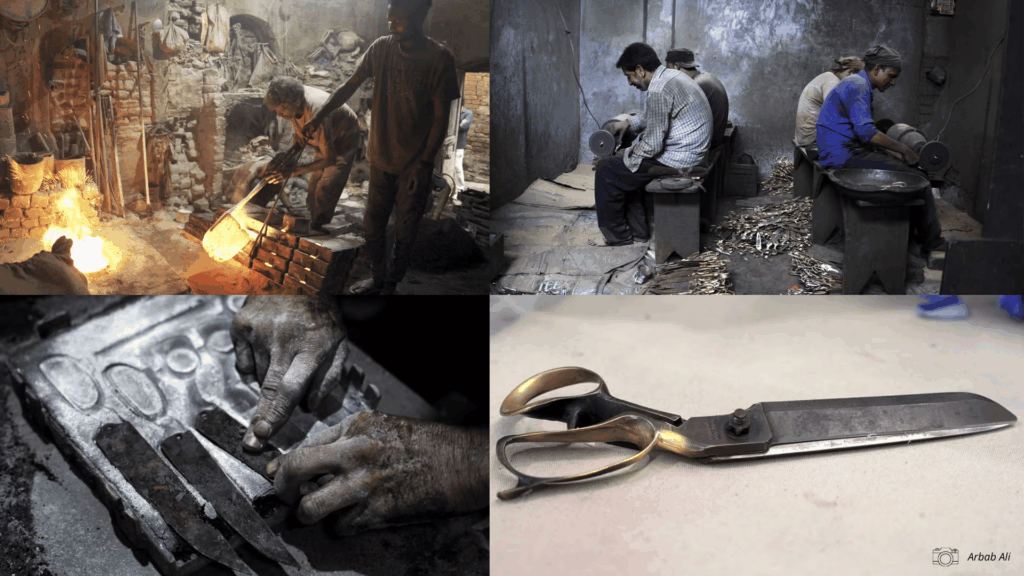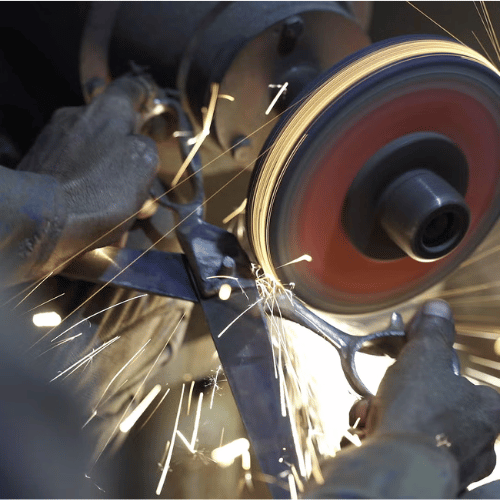Crafting a Legacy: The Scissors of Meerut – A Responsible Traveler’s Discovery
In the heart of northern India lies the ancient city of Meerut, a place not only steeped in history but also quietly renowned for a craft that has withstood the test of time, the making of hand-forged scissors. Since 1653, this lesser-known gem of Indian heritage has upheld a tradition of excellence, sustainability, and community craftsmanship.
A Heritage of Precision
Meerut’s scissors industry traces its origins to a unique cultural need. It is said that the production of these tools began due to the popularity of paan, betel leaf preparations, which required sharp tools like betel nut crackers. From these humble beginnings, the city’s artisans developed expertise in forging high-quality scissors, laying the foundation for an industry that continues to thrive over three centuries later.
Today, Meerut is home to over 250 small-scale units, with more than 100,000 people employed in the craft. What makes these scissors unique is not just their durability or design, but the sustainable methods behind their production.
Sustainability in Every Blade
At a time when global tourism is shifting toward responsible travel and conscious consumerism, Meerut’s scissors embody a model of circular economy in action. The blades are crafted from recycled carbon steel, sourced from discarded vehicles and machinery. The handles, often made from robust metal alloys, are shaped and fitted by hand, a process that’s passed down through generations.
Unlike mass-produced tools, these scissors are designed for longevity. They can be sharpened, repaired, and reused multiple times, offering a powerful counterpoint to the throwaway culture that dominates many industries.
In 2013, the scissors of Meerut received their own Geographical Indication (GI) tag, formally recognizing the region’s craftsmanship and securing its legacy as India’s 164th protected product.
A Destination for the Curious and Conscious
Travelers interested in slow travel and cultural immersion will find Meerut’s scissor industry a compelling stop. A visit to the local Kainchi Bazar (Scissors Market) offers a chance to meet artisans, observe the manual forging process, and purchase directly from producers, ensuring fair wages and supporting community economies.
These visits can be paired with workshops or tours that highlight the sustainable nature of the craft, from raw material sourcing to the final product. For visitors interested in ethical souvenirs, a pair of Meerut scissors tells a story of resilience, tradition, and responsibility.
Preserving Craft, Empowering Communities
As the world seeks more sustainable ways to travel and consume, the Meerut scissors industry stands as a shining example of how traditional craftsmanship can thrive without compromising ecological or ethical values.
Each blade forged is a testament to the enduring relationship between artisans and their environment, one that invites travelers not just to see, but to engage, respect, and support.









